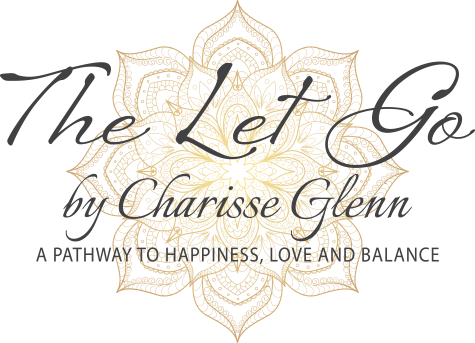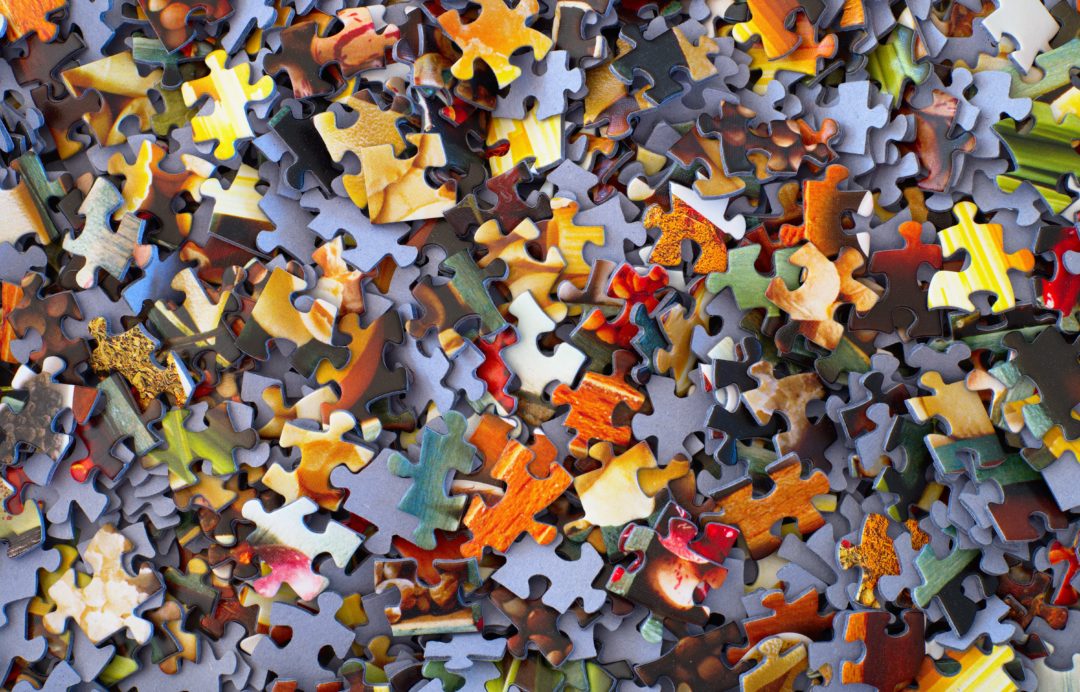“Learn to forgive mistakes. Eventually, the wrong things will fade into the background and good, new things will come forward. It’s like playing music by ear. There are some good notes and some sorry ones. You try to get by the sorry notes to the good ones and build on them.”
~ Ray Huntck our spiritual path.
Making mistakes is part and parcel of life. Yet, sometimes, we think of them as unfixable – set in stone, often holding them against ourselves or, perhaps, against the person who made them.
Yet, if we reframe how we look at mistakes, we will uncover their value. Acknowledging and then correcting an error is one way our brains learn.
Mistakes will inevitably happen if we do anything worthwhile, experimenting or creating. They provide clues to the situation, which assist us in solving the problem. They are a gift; they show us what not to do, alert us to change the direction or look at something from another point of view.
We learn when things go wrong. So, why do we beat ourselves up when they do?
Mindset is how we process and react to what we encounter. For example, when it comes to challenges, a fixed mindset may avoid those things that appear difficult because they believe if they fail or make a mistake, it will indicate they are not good enough. However, someone with an open mindset will see it differently: they take on the obstacles simply as fuel to grow.
Some people are harder on themselves than others; those who struggle with low self-esteem or, conversely, those who hold themselves to very high standards operate and react differently. Yet, there is no perfect human. We all fall short at some time in our lives, regardless of our best intentions or how hard we try.
We have learned to be hard on ourselves when we fall short, in part due to our survival mind or our biological needs. For example, when we were fighting for our survival, a mistake could have cost us our lives if we miscalculated whether to fight or flee. Instead, our inner mind beat us up so that we wouldn’t make a mistake again, ensuring we learned the lesson.
Hense, partially, when we beat ourselves up, it is a hangover from our biological mind.
Another reason is we have learned to bully ourselves. Through family or peers, we have been taught perfectionism is the standard. Harsh criticism may motivate us in the short term but may ultimately lead to anxiety, demotivation, and depression.
Whatever the reason we are hard on ourselves, it has been discovered that we can better process our mistakes and utilize the information learned when we use self-compassion and self-kindness instead. Kindness is a quality of being. It is simple, free, positive, and healthy. And we can practice it alone.
The simple act of kindness can decrease blood pressure and cortisol, a stress hormone, directly impacting our stress levels. In addition, it has been demonstrated to increase self-esteem, empathy, and compassion while improving our mood. It is also good for our bodies by boosting serotonin and dopamine, neurotransmitters in the brain that give us feelings of satisfaction and well-being, causing our brains’ pleasure/reward centers to light up. This also stimulates endorphins to be released, which are our body’s natural pain killers.
It takes time to change the habits we have cultivated most of our lives — especially deep-rooted ones. Patience is needed. Treat ourselves as we would a friend or a child when we gravitate towards self-criticism; practice restraint. Remember, we have the strength and the wherewithal to change our thoughts, thereby altering our behaviors.
Little by little, what once was who we were, becomes converted into who we are meant to become, a person of self-awareness and heightened consciousness. Change begins within. Above all, be kind to yourselves and watch the transformation happen.
“What is a teacher? I’ll tell you: it isn’t someone who teaches something, but someone who inspires the student to give of her best in order to discover what she already knows.”
~ Paulo Coelho





